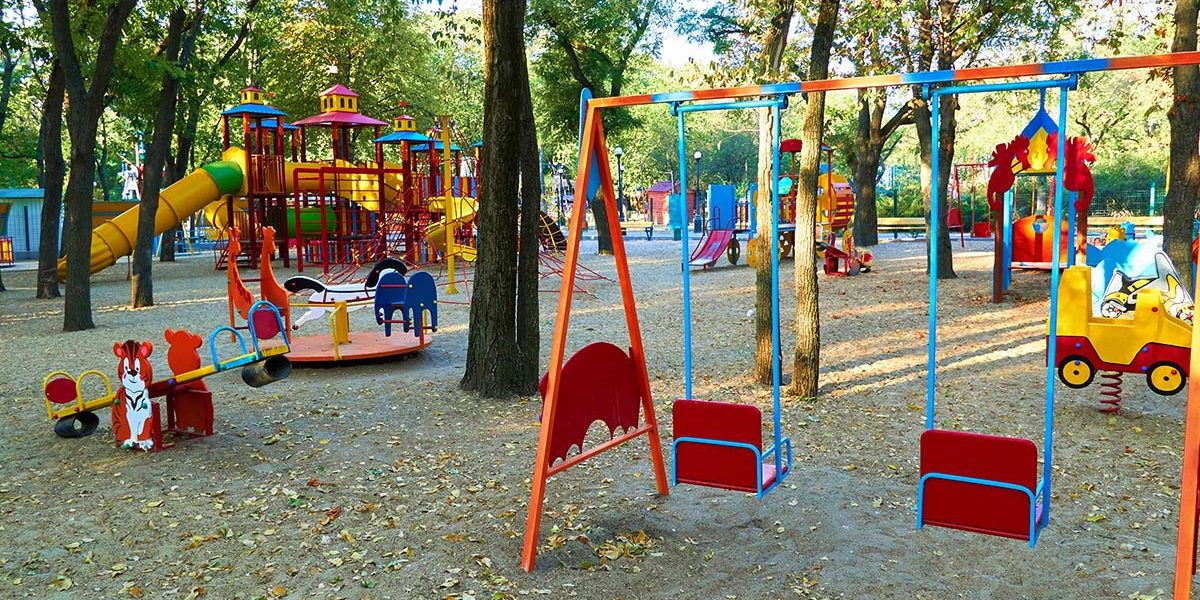Every year since 1998, I have produced a summary of the major patent cases from the previous year and presented it at our annual patents seminar
You can take a look at the full review on our website but, for those of you in a hurry, I’ve summarised the five big takeaway points from the key patent cases of 2020 below:
- The doctrine of equivalents is now embedded in the UK patent system. Cases are being won purely on the operation of the doctrine, like Evalve v Edwards, where a patent for a transcatheter insertion of a mitral valve was found to be infringed under the doctrine of equivalents. The law is still evolving, and in one potentially interesting development, a judge refused to strike out a pleading which alleged that the actual intention of the alleged infringer was material to an assessment of equivalence – they meant to create something the same so it must be equivalent. It will be interesting to see how that plays out.
- The patent monopoly was re-affirmed in a number of cases, not least in the post-trial order hearing in Evalve v Edwards where a request that an injunction should not be granted due to the public interest was considered and dismissed. The case was not made out that the infringing product was a “life saving device” which ought to be available to the public. With possible litigation concerning vaccine technology in the pipeline, it will be interesting to see how this develops in the coming years.
- The law of obviousness was reviewed by two of the most senior judges, Floyd LJ and Arnold LJ, and they did not agree. In Emson v Hozelock, the Court of Appeal was split 2:1 on the question of whether the patent for a novel and space saving garden hose was rendered non-inventive by prior art in the aviation industry, for a hose delivering oxygen to pilots. The first instance finding of obviousness was upheld, but I disagree with this decision. I think that the bar has been set too high for demonstrating inventive step in this case.
- The law relating to the question of sufficiency was battered by a non-specialist Supreme Court panel for the second time in successive years. In Regeneron v Kymab, the Supreme Court managed to get a fairly basic issue of law wrong, ruling contrary to previous authority and, said Gordon, common sense, that the date for assessment of sufficiency was the priority date of the patent, not the application date. I commented that, in the light of the previous Supreme Court decision in Warner Lambert, where the bar for plausibility was set high, to exclude from that consideration research, trials and experiments conducted between the priority date and the application date made the job of the patentee very difficult, especially in pharmaceutical cases. I expressed the hope that a further panel in the Supreme Court, with the IP expert Lord Kitchin able to sit, might correct the obvious errors and put this area of the law back on track. One 2020 case, Akebia v Fibrogen, looks like a possible opportunity to achieve that goal as if works its way through the court system.
- In Thaler v The Comptroller of Patents, the world of artificial intelligence made its first full appearance in the Court lists. It is a quite eccentric case, where the owner of the AI machine applied for the patent naming the machine, Dabus, as the inventor. It was pointed out that he may have had a chance of getting the patent granted if he had named himself as inventor, but he felt that would be immoral as the machine had done the work! The patent was not granted and that decision was upheld in the High Court. The judge took the opportunity to say that “were an alien from outside the galaxy to present itself before the courts…..I would like to think that it would not be denied legal personality simply on the grounds of unforeseen extraterritoriality”. We’ll bear that in mind.
2020 was a tough year for us all, but the courts – from the judges to the cleaners – made a fantastic effort to keep the wheels of justice turning during the COVID-19 crisis. By innovation, ingenuity and determination they had delivered as many patent judgments as in a usual year, and developed systems which will outlast the COVID-19 situation and improve the efficiency of justice for generations to come.
Finally, in recognition of a lifetime of service to the IP world and an excellent judicial career, I named Lord Justice Floyd, who retires in 2021, as my “Judge of the Year”.
Read the full year in review on our website to find out more about the key cases from 2020 and those to watch out for in 2021. You can also watch the webinar in full.
About the author(s)
Gowling WLG is an international law firm operating across an array of different sectors and services. Our LoupedIn blog aims to give readers industry insight, technical knowledge and thoughtful observations on the legal landscape and beyond.

